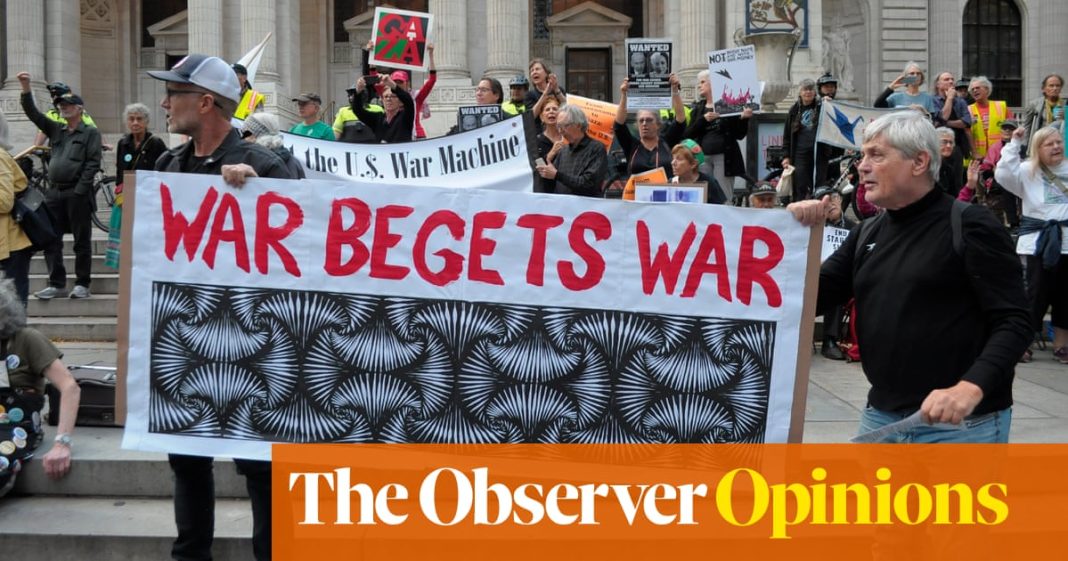Reactions to Yahya Sinwar’s Killing Highlight the Stalemate in Middle East Politics
The recent killing of Yahya Sinwar, the top Hamas leader, by Israeli soldiers has sparked a wave of contrasting reactions that underscore the grim realities of Middle Eastern politics. Sinwar, who was widely believed to be the architect behind the horrific October 7, 2023, attacks that claimed around 1,200 Israeli lives, has met a violent end that many see as a fitting retribution for his actions. However, the circumstances surrounding his death raise questions about the efficacy of such measures in achieving lasting peace.
While some view Sinwar’s assassination as a pivotal moment that could potentially signal an end to the ongoing multi-front war, likening it to the U.S. killing of Osama bin Laden, others caution that such assessments may be overly optimistic. The reactions from key players in the region suggest that the fundamental dynamics of the conflict remain unchanged, leaving little room for hope.
The ongoing violence, particularly in Gaza, continues to claim innocent lives, with reports indicating that the death toll has surged to approximately 42,500. This grim statistic serves as a stark reminder that the cycle of violence is far from over. In the face of this tragedy, the U.S. has taken a different stance, with President Joe Biden advocating for a ceasefire in the wake of Sinwar’s death. He believes that this moment could be leveraged to push for a reduction in hostilities and a potential hostage deal.
However, Biden’s calls for peace seem to fall on deaf ears. Israeli Prime Minister Benjamin Netanyahu, facing significant domestic and international pressure, remains resolute in his commitment to continue the military campaign against Hamas. His administration appears more focused on achieving total victory than on pursuing diplomatic solutions, even as the humanitarian crisis in Gaza deepens.
Hamas, for its part, has responded defiantly to Sinwar’s assassination. The group’s leadership insists that nothing has changed and that they will continue to fight against Israeli occupation. This unwavering stance reflects a broader trend in the region, where violence begets violence, and the idea that a single assassination could alter the course of history is increasingly seen as naïve.
The situation is further complicated by the involvement of regional players like Hezbollah and Iran, both of whom have vowed to escalate their military actions in response to perceived threats from Israel. The prospect of a broader conflict looms large, with analysts suggesting that Netanyahu may see this as an opportunity to confront Iran directly, especially with U.S. attention diverted by its upcoming elections.
As the conflict rages on, the suffering of the people in Gaza remains a pressing concern. The humanitarian crisis continues to escalate, with many trapped in a cycle of violence and deprivation. The international community, particularly the U.S., faces a critical moment to intervene and demand an end to the hostilities.
In conclusion, while the killing of Yahya Sinwar may have been celebrated by some as a significant victory, the broader implications for peace in the Middle East remain bleak. The entrenched positions of both Israeli and Palestinian leaders suggest that the path to resolution is fraught with challenges. Only through concerted international efforts can there be hope for a ceasefire and a more stable future for the region.



